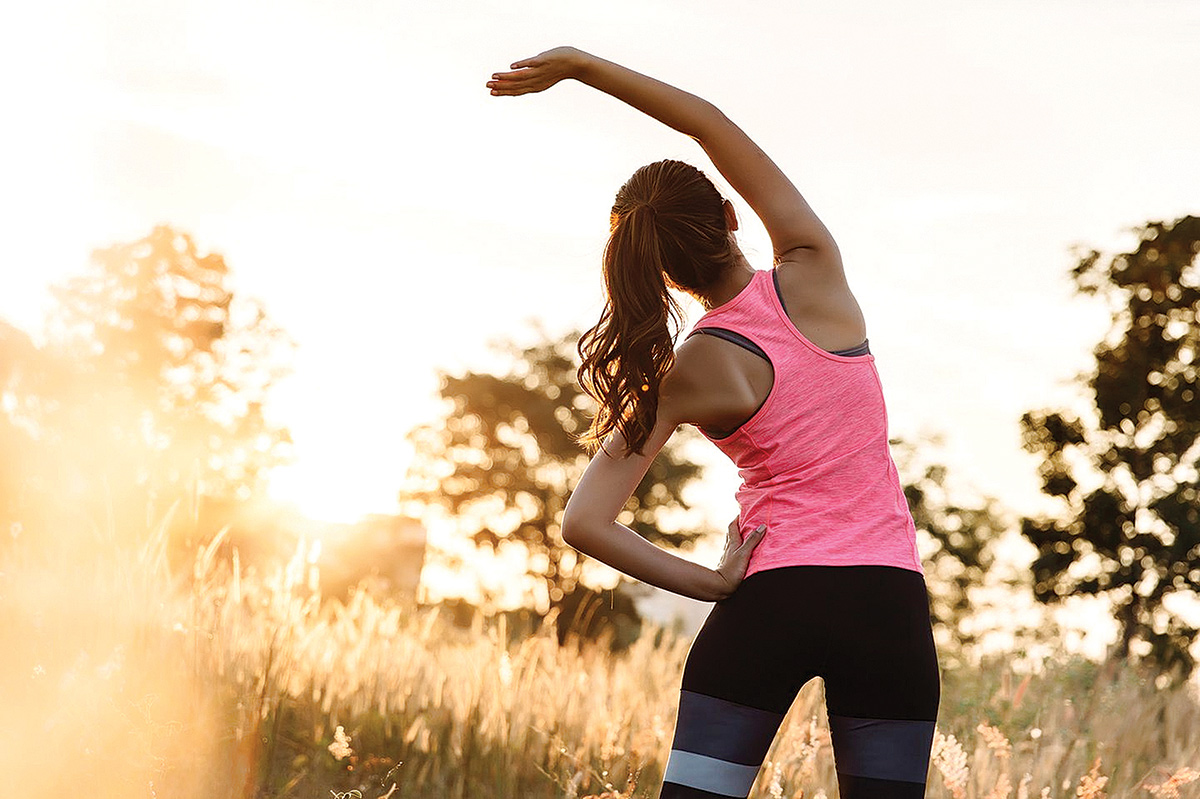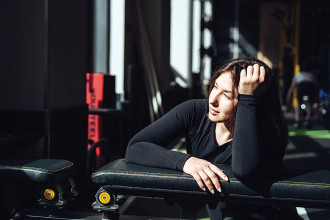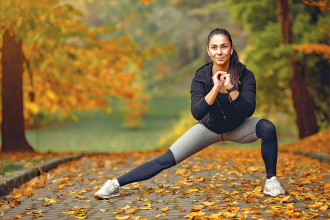
I note with great concern the increasing levels of stress, anxiety, depression and mental wellbeing issues that people are struggling with today, especially young people. I also find a lot of people blaming it on externalities of how competitive today’s environment is, how difficult urban living is, how complicated relationships are, and how technology has exposed us to things we desire and can’t have and the consequent struggle for more. And of course there are heredity issues and chemical imbalances in the body that are hard to understand. And now we have the added pressure and uncertainties of living in a pandemic.
But if you really think clearly about it, is this anomaly not just of our own making. What stops us from taking charge of our health, our bodies and our minds, whatever the situation?
Today, more and more people suffering from anxiety are turning to pills and alcohol and struggling to live an active and balanced life. While medical attention and care is absolutely essential, it must be deeply understood that your wellbeing ultimately lies in your own hands. The environment you choose to live in, the food you eat, the life you lead, the thoughts you think, the information you intake and the company you keep all have a direct impact on your health and wellbeing.
Here, I only wish to emphasise on the importance of exercise to your mental wellbeing. Exercise is a powerful tool that you can use to enhance your physical and mental health. Numerous studies show that exercise can help manage anxiety and is the best choice to reduce stress levels. Please note that exercise won’t cure anxiety and depression but the physical and psychological benefits help improve symptoms. At least 30- 45 minutes of moderate exercise five days a week will make a significant difference.
Benefits of exercise are seen especially in people who exercise consistently. Immediate improvements are seen in people who have never exercised, are not physically active, or those who have severe anxiety. Aerobic exercise is especially recommended to improve your physical fitness and get your heart to work more efficiently. During aerobic exercise the heart rate goes up but as your fitness levels improve, your resting heart rate between exercise sessions eventually becomes slower. This leads to your becoming calm, and with the improved heart and lung function you enjoy a greater sense of wellbeing which offsets feelings of anxiety. Exercise also improves mental clarity and concentration besides a host of other benefits including improving your immunity and freeing up energy.
I strongly recommend that if you have not exercised before and are not physically active, you start with small but consistent habits like walking. Break it down into 15 minutes walk, three times a day if you can’t do it all at once, but start and keep going. Yoga, deep breathing and meditation are excellent ways to help cope with anxiety and heal you.
If you are dealing with an anxiety disorder, I would also recommend that you first consult with your doctor as your medical history and current medications will play a role in your ability to exercise and what type of exercise you should do.
Covid 19 is a stark reality but if you are taking the necessary precautionary health and hygiene measure, you will be safe. If you feel continually stressed by the pandemic, please see a professional. While it is normal to have some level of stress and anxiety due to the situation, prolonged anxiety and stress must be addressed monitored. Again, small mindfulness practices and exercise can help to a large extent.
Most importantly, find something your enjoy doing; exercise should not become another reason for you to dread or fret about. Instead it should become a lifestyle habit that gives you joy.
Published Date: April 30, 2021, 12:00 am
Post Comment
E-Magazine
RELATED Get Fit


-1767592146.jpg)


